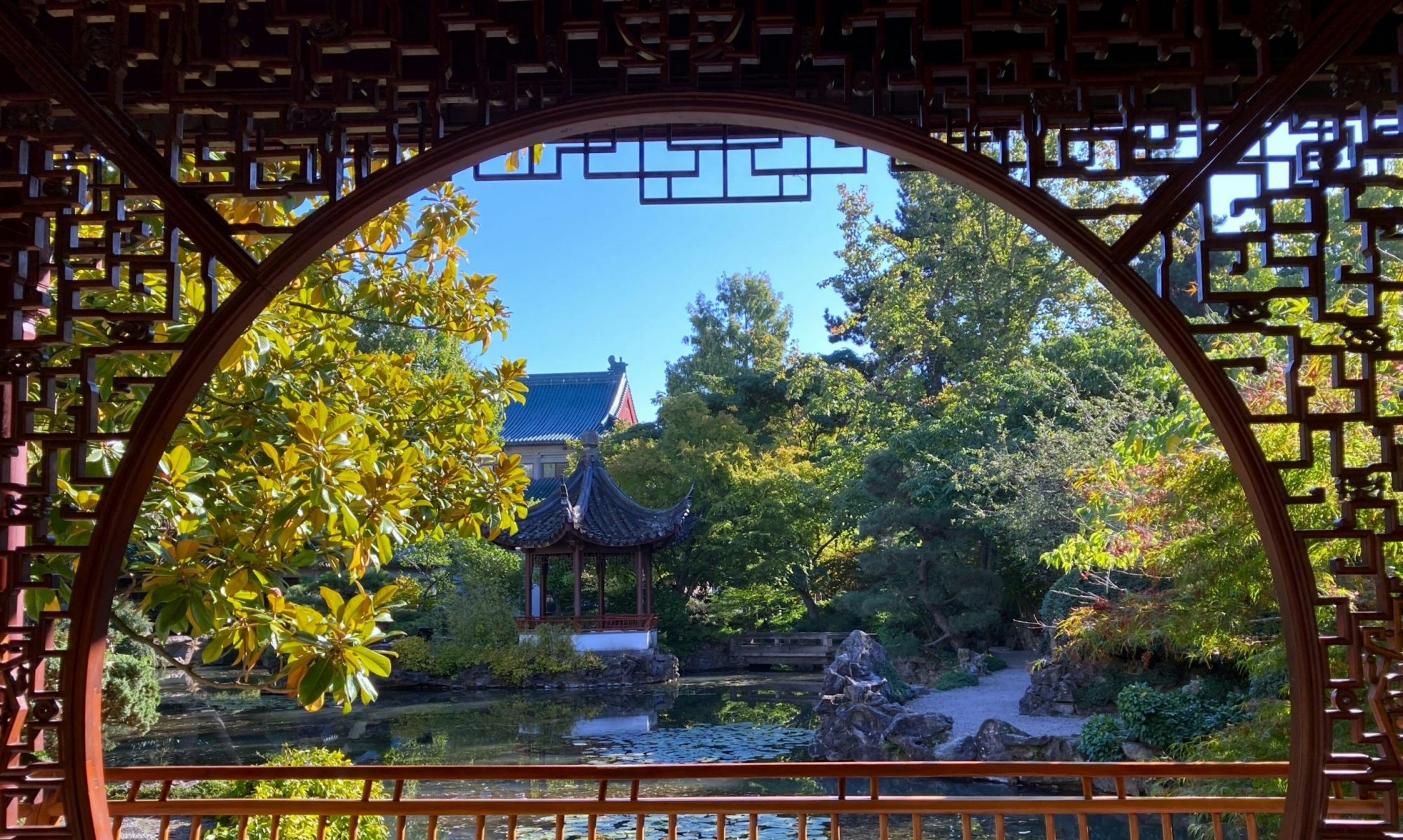written by Gillian Der
Community work is never linear, but in ACAM 320J, it is always from the heart.
One of the biggest lessons I’ve taken away from this experience as one of the community coordinators for the ACAM 320J: Asian Canadian Community Organizing Studio is the importance of being open to what needs to happen, rather than a singular goal or research outcome.
So often in research, projects can begin with a clear conception of how things should unfold and what answers might lie at the end of that straight path. The Students in ACAM320J approached the research process differently forwarding reciprocal collaboration with the community that requires flexibility and demands co-creation. As the students scoped, re-scoped, tackled scheduling issues, and unexpected hurdles, their adaptability and willingness to learn honoured the dynamic and emergent nature of community engaged research.
Often in my own research processes I think about the ways we might translate the theoretical and cerebral knowledge we are engaged in learning during class into a more embodied ethic of learning alongside one another. One of the most powerful shifts in perspective came from a discussion on research approaches. Traditionally, research has been damage-centered— focusing on deficits, struggles, and what’s missing. But an asset-based approach, as introduced through Eve Tuck’s work, challenges this framing. It’s not about ignoring hardships, but about recognizing the resilience, creativity, and resources that communities already have. As the Students learned more about their partner organizations and what kinds of community research was already being done, they were able to embody these teachings. They were set up to understand that community-engaged research isn’t about starting from scratch; it’s about building knowledge relevant to the community from a place of strength.
In our final class reflection and celebration, one student noted how different this class felt compared to other academic experiences. There was a unique energy, a sense of inspiration drawn from peers, and a deep appreciation for the space created to explore identity and community in nuanced ways. This wasn’t just an academic exercise— it was a process of personal and collective transformation. It was heart-centred research.
This heart centred approach could be felt in the emergent and unexpected places of solidarity and working across culture. The students and their community partners supported one another, built trust, and shared personal experiences that shaped and re-shaped their perspectives. The students came to know in an embodied way that the personal isn’t separate from the work— it is the work. As a class of racialized Asian Canadian learners and researchers, our histories, our lived experiences, and our critical reflexivity all shape the way we engage with community and research. Perhaps this understanding demonstrates why these students, all from very different disciplines, approached the work of this course in earnest and with so much care.
As I reflect on these conversations, I realize that learning isn’t just about acquiring knowledge; it’s about engaging with it in a way that transforms both ourselves and the communities we work with. This course has reinforced that community engagement is not just about addressing issues— it’s about recognizing and amplifying the power that already exists within communities. The work is ongoing, ever-evolving, and deeply rooted in relationships, trust, and shared learning exemplified by several of the students continuing on with their relationships to their community partners.
